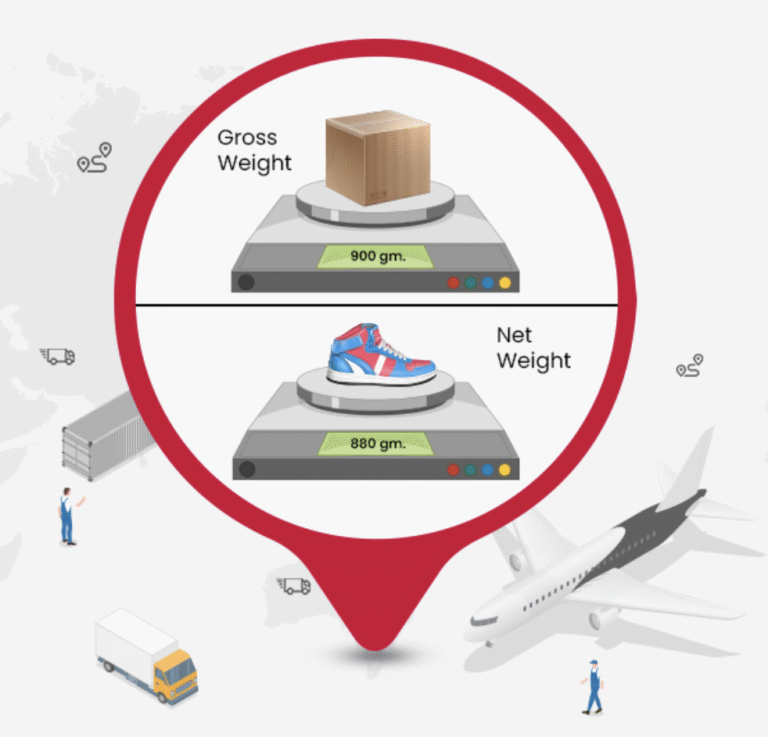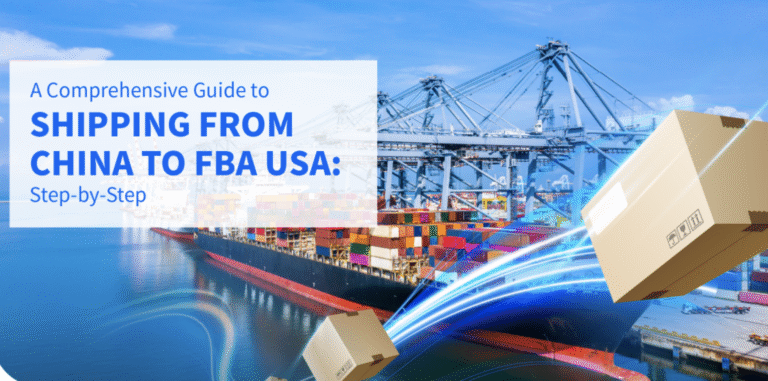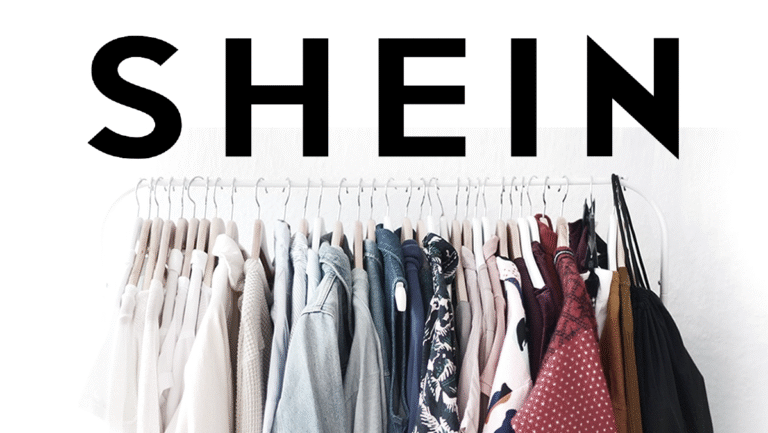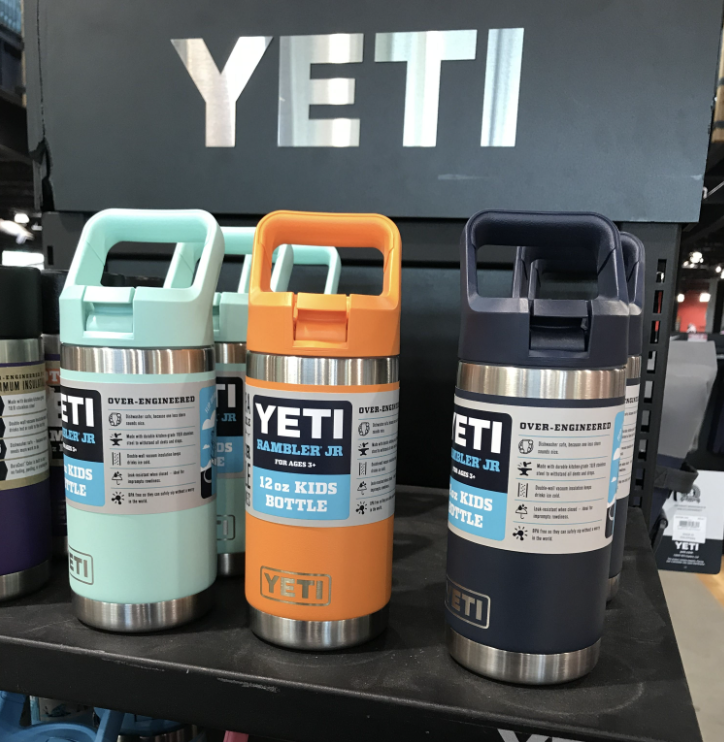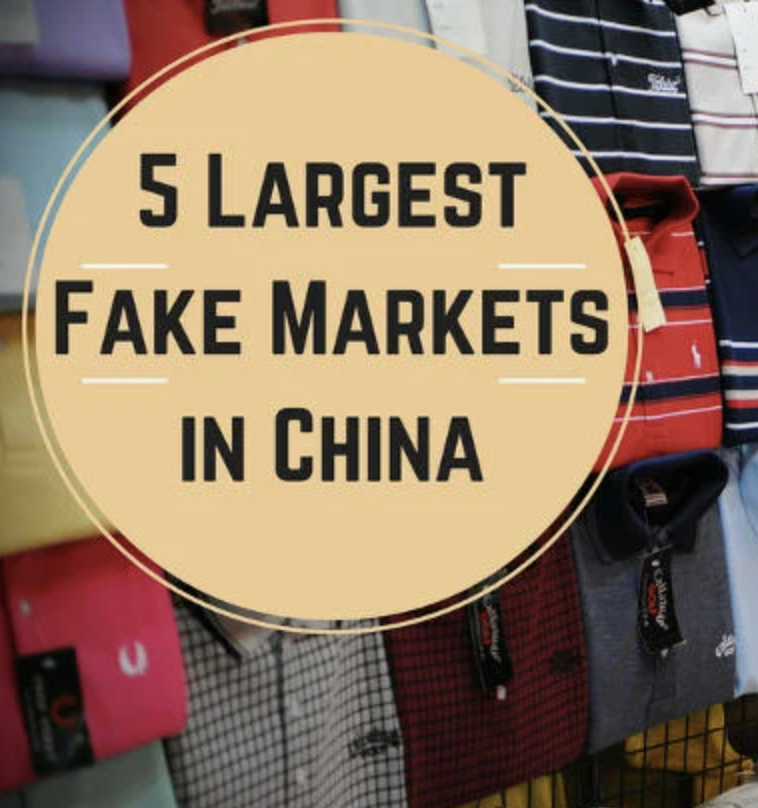Yiwu City: Top 5 World’s Largest Wholesale Market Hub
Where is Yiwu City Located?
Nestled in the heart of Zhejiang Province, Yiwu City is a vibrant, fast-growing commercial hub in eastern China. Just about 300 kilometers southwest of Shanghai and roughly 150 kilometers from Hangzhou, Yiwu may not be a household name globally, but within the circles of international trade, it’s legendary. This relatively small city punches far above its weight when it comes to business.
What sets Yiwu apart is its strategic location. It’s situated within the Yangtze River Delta, one of China’s most economically dynamic regions. This gives it superb access to highways, high-speed rail, and nearby ports like Ningbo and Shanghai, enabling rapid and efficient global distribution. The city also boasts its own freight train service connecting directly to Europe via the Yiwu-Madrid railway line, the longest freight route in the world.
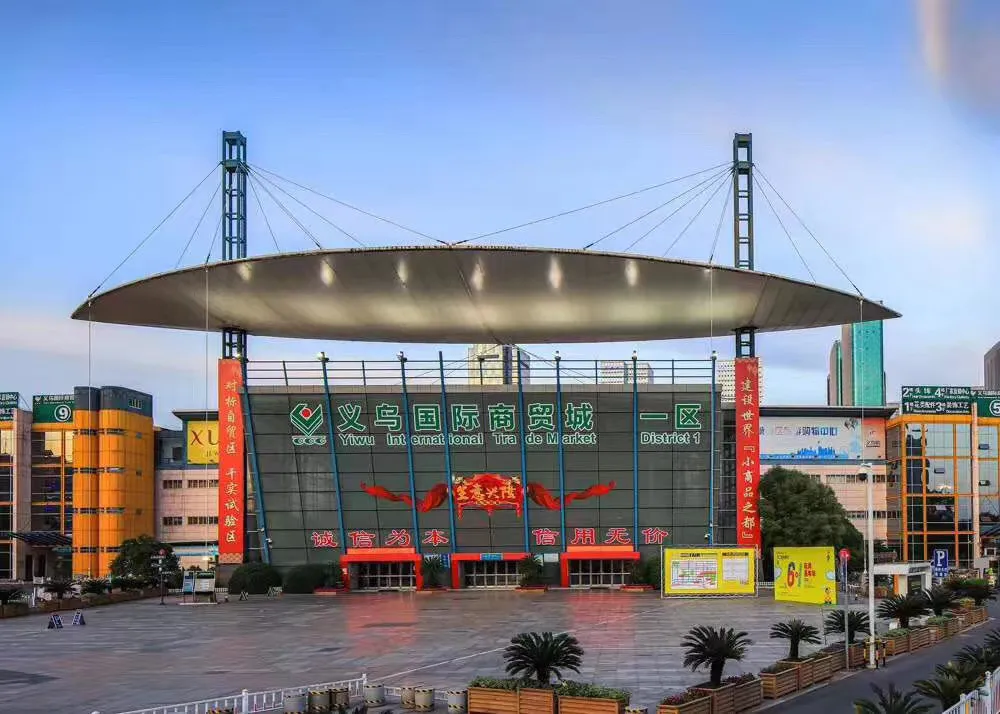
But Yiwu isn’t just about location—it’s about impact. Despite its modest size and population of about 1.2 million, the city handles a massive share of the world’s small commodity exports. From hairpins to handbags, socks to stationery, Yiwu is where the world shops for bulk goods.
If you’re a business owner, a sourcing agent, or an eCommerce entrepreneur, knowing where Yiwu City is—and what it offers—is a game changer.
A Brief History of Yiwu
Yiwu’s rise to global prominence wasn’t accidental—it’s the result of decades of smart development, local resilience, and economic foresight. Historically, Yiwu was a humble, agriculture-focused town. Farmers used to barter for daily goods like sugar, salt, or fabric. This bartering culture laid the foundation for the commercial DNA that defines the city today.
In the early 1980s, as China’s reform and opening-up policies took root, local authorities in Yiwu encouraged vendors to start setting up open-air stalls. These small beginnings soon transformed into a burgeoning marketplace that kept expanding year after year. By the 1990s, Yiwu was recognized as one of China’s most progressive economic zones.
In 2002, Yiwu launched the now-iconic Yiwu International Trade City, a sprawling marketplace that has since grown into the largest wholesale market in the world. In less than two decades, the city turned itself into a mecca for global traders.
Today, Yiwu is home to over 75,000 booths, attracting more than 500,000 foreign buyers annually. It exports goods to over 200 countries and regions. What started as a modest barter town has evolved into a global trading powerhouse.
The Rise of Yiwu International Trade City
How Yiwu Became the Heart of Global Wholesale
Yiwu’s transformation into the heart of global wholesale didn’t happen overnight. It was the result of deliberate planning, local innovation, and international demand. In a world that constantly craves affordability, speed, and variety, Yiwu delivers all three in spades.
The turning point came with the establishment of the Yiwu International Trade City in the early 2000s. Local authorities realized that the small goods market needed a centralized, structured space. This was the birth of what many now call the “World’s Supermarket.”
Why did it work so well?
- Massive variety: From artificial flowers and kitchen utensils to toys and fashion accessories, Yiwu offers over 1.8 million types of products.
- Unbeatable pricing: The competition among thousands of suppliers ensures low prices.
- Flexible MOQs (Minimum Order Quantities): Unlike factories in Guangzhou or Shenzhen, many Yiwu vendors offer small MOQs, making it ideal for smaller businesses and startups.
- Year-round operation: The market runs every day (except during Chinese New Year), unlike traditional trade fairs that operate seasonally.
This customer-first model attracted buyers from across Asia, Africa, Europe, and the Americas. Yiwu isn’t just a market—it’s a movement.
Structure and Divisions of Yiwu Market
The Yiwu International Trade City is not one building, but a mega-complex divided into five massive districts. Each district specializes in different product categories, making navigation efficient for buyers.
- District 1: This is the original section, focusing on artificial flowers, toys, jewelry, and accessories.
- District 2: Home to hardware tools, watches, electronics, and luggage.
- District 3: Stationery, sporting goods, and cosmetics dominate this area.
- District 4: Offers daily-use items, socks, hats, gloves, and footwear.
- District 5: The newest addition, focusing on imported products and eCommerce suppliers.
Each district is equipped with cafeterias, ATM machines, courier services, customs clearance counters, and even exhibition halls. The environment is ultra-modern, climate-controlled, and designed for seamless trade. With over 5.5 million square meters of business space, the Yiwu market is practically a city within a city.
What Makes Yiwu a Global Trading Powerhouse?
Unique Business Model
Yiwu’s success is not merely about size or variety—it’s about how it operates. The city uses a highly adaptable, vendor-centric business model that suits global traders. Here’s what sets it apart:
- Direct vendor access: Most suppliers operate their booths themselves or through trained staff. There are no multiple layers of intermediaries, which means you’re often dealing directly with manufacturers.
- Rapid prototyping and sampling: Vendors are accustomed to customizing products quickly. You can often get a sample or prototype made within 24–48 hours.
- Sourcing flexibility: Whether you’re ordering 10 pieces or 10,000, Yiwu vendors are used to accommodating various order sizes, especially for trial batches.
- Global logistics integration: Yiwu’s market is deeply connected with logistics partners who can handle everything from packaging to international shipping, often with door-to-door services.
This approach caters perfectly to the needs of today’s entrepreneurs, especially those running Amazon FBA, Shopify, or offline retail businesses in emerging markets.
Supportive Government Policies
Yiwu’s meteoric rise has also been powered by highly supportive local government policies. Unlike many other cities where bureaucracy can slow down business, Yiwu’s government actively encourages international trade.
Key policies include:
- Visa support for international traders: Yiwu was one of the first Chinese cities to offer long-term business visas to foreigners.
- Customs clearance zones: On-site customs services make it easier for traders to export goods quickly.
- Trade facilitation programs: The city regularly hosts global trade forums, product expos, and matchmaking events.
- Tax incentives: Export-focused businesses often benefit from VAT rebates and other incentives that boost profitability.
This proactive environment fosters innovation, supports growth, and gives Yiwu a major edge over competing markets.
Exploring the Yiwu International Trade City
District 1 to District 5 Overview
Navigating the Yiwu International Trade City is like walking through the heartbeat of global commerce. Spread across five enormous districts, each section is a world of its own, meticulously organized to cater to every imaginable wholesale need.
Let’s break down each district:
District 1 (Opened in 2002)
This is where it all began. District 1 mainly houses:
- Artificial flowers
- Jewelry and accessories
- Toys
- Hair products
- Decorative crafts
It’s extremely popular among gift shops, party suppliers, and seasonal retailers. The layout is easy to follow, and most vendors here are well-versed in dealing with international clients.
District 2 (Opened in 2004)
This district expands into:
- Luggage and bags
- Umbrellas and rain gear
- Watches and clocks
- Hardware and tools
- Electronics (small gadgets and accessories)
District 2 is known for its innovation and high product turnover. It’s also one of the most crowded areas due to the daily demand for electronics and practical goods.
District 3 (Opened in 2005)
Here you’ll find:
- Stationery and office supplies
- Sports goods
- Cosmetics and beauty tools
- Eyewear
- Toys (overflow from District 1)
This is a paradise for Amazon FBA sellers and retail store owners in education and wellness niches.
District 4 (Opened in 2008)
This modern zone is known for:
- Socks, gloves, hats
- Footwear and shoes
- Home textiles
- Daily necessities
- Kitchenware
The layout is more spacious, and there are upgraded facilities like escalators, logistics offices, and product testing labs.
District 5 (Opened in 2011)
The newest and most diverse section features:
- Imported products (food, household items)
- eCommerce-specific suppliers
- Cross-border logistics services
Yiwu International Trade City – Districts & Product Categories
| District | Main Product Categories |
|---|---|
| District 1 | – Artificial Flowers – Toys – Jewelry & Accessories – Hair Products – Decorative Crafts |
| District 2 | – Luggage & Bags – Umbrellas & Rain Gear – Watches & Clocks – Hardware & Tools – Small Electronics |
| District 3 | – Stationery & Office Supplies – Sports Goods – Cosmetics & Beauty Tools – Eyewear – Additional Toys |
| District 4 | – Socks, Gloves, Hats – Shoes & Footwear – Home Textiles – Kitchenware – Daily Necessities |
| District 5 | – Imported Goods (Food, Household Items) – eCommerce-Ready Suppliers – Cross-Border Logistics Services |
This is the most dynamic district, heavily integrated with online trade and dropshipping networks.
Each district is equipped with information centers, ATM machines, food courts, translation services, and easy transportation links to hotels and train stations.
What You Can Find in Each District
The diversity in Yiwu’s product offering is truly unmatched. Here’s a broader look into what you can expect:
- Fashion Accessories: Earrings, belts, scarves, and hats
- Home Décor: Candles, mirrors, wall art, vases
- Toys and Games: Plush toys, puzzles, action figures, educational games
- Stationery: Notebooks, pens, organizers, folders
- Beauty Products: Makeup brushes, skincare bottles, hair straighteners
- Kitchenware: Utensils, tableware, thermos flasks, chopping boards
Each booth typically features catalogs, price lists, and samples, and most vendors accept international payments via bank transfers, WeChat Pay, and even PayPal.
It’s not just a marketplace—it’s a fully functioning trade ecosystem, buzzing with the energy of global commerce every day.
Why Yiwu City Attracts Global Entrepreneurs
Accessibility and Logistics
Yiwu City is strategically connected to both domestic and international transport networks, making it extremely easy for buyers, importers, and logistics partners to operate smoothly.
Key highlights:
- High-Speed Rail: Yiwu is connected to China’s bullet train network. You can travel from Shanghai or Hangzhou to Yiwu in under 2.5 hours.
- Yiwu-Madrid Railway: This freight route is a game changer. It links Yiwu directly to Europe, with over 30 countries on the route.
- Airports: While Yiwu does have a regional airport, most international traders fly into Hangzhou International Airport, which is just a 90-minute drive away.
- Ports: Yiwu shipments are efficiently routed through Ningbo and Shanghai, two of the largest ports in the world.
But logistics isn’t just about movement—it’s about speed and efficiency. Yiwu’s vendors have long-standing relationships with freight forwarders, customs brokers, and eCommerce logistics companies. These partners provide:
- Full container load (FCL) and less than container load (LCL) shipping
- Air freight with cargo tracking
- Door-to-door delivery services
- Warehousing and consolidation
If you’re running an eCommerce store or global distribution chain, Yiwu gives you the tools to source, pack, and ship—all in one place.
Business-Friendly Environment
Yiwu doesn’t just offer great products—it creates a welcoming business ecosystem that supports every aspect of international trade.
Here’s why global entrepreneurs love setting up shop here:
- Ease of Doing Business: Foreigners can register companies, open bank accounts, and rent warehouses with relatively minimal red tape.
- Multilingual Services: Translation services, bilingual agents, and customer service reps are readily available throughout the trade city.
- Networking Opportunities: Yiwu regularly hosts international trade expos, buyer-seller matchmaking events, and industry seminars.
- Affordable Living: Compared to Shanghai or Beijing, Yiwu has a lower cost of living. Rent, food, and labor are all budget-friendly.
Plus, you’ll find a strong international community. With over 13,000 expats from Africa, the Middle East, Europe, and South Asia living and working in the city, Yiwu feels truly global. There are mosques, churches, international schools, and cultural centers that cater to diverse backgrounds.
Safety and hospitality are also standout features. Yiwu is one of the safest cities in China, and the locals are welcoming, often going out of their way to help international visitors.
If you’re looking to start a business, expand your sourcing network, or diversify your supply chain—Yiwu City is the perfect launchpad.
Cost Advantages of Doing Business in Yiwu City
Affordable Product Pricing
One of the biggest draws of Yiwu City is its unbeatable pricing. Known globally for its wholesale capabilities, Yiwu offers some of the lowest product costs available anywhere. Here’s why:
- Direct factory connections: Most vendors in Yiwu International Trade City either own factories or have direct relationships with manufacturers. This eliminates middlemen, reducing markup and saving buyers money.
- High competition: With over 75,000 booths operating in the trade city alone, competition keeps prices extremely competitive.
- Bulk deals: Almost every vendor deals in wholesale, offering better pricing for bulk purchases, making it ideal for resellers and international traders.
Yiwu’s pricing isn’t just cheap—it’s strategic. Businesses from countries like India, Pakistan, Russia, and various parts of Africa flock here not only for affordability but also for consistent supply chains and flexible minimum order quantities (MOQs). Whether you’re buying hair accessories, home décor, electronics, or fashion jewelry, Yiwu City provides high margins for resellers.
Low Operational Costs
Doing business in Yiwu doesn’t just save you on product sourcing—it saves you across the board:
- Low rent and warehouse fees: Compared to mega cities like Shanghai or Guangzhou, renting office space or warehouses in Yiwu is significantly cheaper.
- Affordable labor: If you’re planning to open a sourcing office, hire translators, or logistics managers, labor costs are considerably lower than other industrial cities in China.
- Minimal taxes and incentives: The local government supports foreign trade and provides incentives to businesses that contribute to international exports, reducing financial strain on newcomers.
All these cost-saving elements make Yiwu not just an attractive destination, but a sustainable one for long-term international business operations.
Logistics and Shipping from Yiwu
Global Logistics Infrastructure
Yiwu City may not be as famous as Shenzhen or Beijing, but it’s certainly just as powerful when it comes to logistics. The city boasts an advanced and globally integrated supply chain system. Here’s how it works:
- Yiwu Railway Port: Yiwu is connected to the Yiwu-Madrid Railway, the longest freight rail route in the world, stretching over 13,000 kilometers. It connects China with Europe in just 18-21 days.
- Yiwu Airport (under construction): While nearby Hangzhou airport handles international flights now, Yiwu’s dedicated airport is set to expand airfreight capabilities, speeding up deliveries.
- Yiwu’s partnership with Alibaba and Cainiao: Yiwu is a strategic node in Alibaba’s global eCommerce logistics plan, further enhancing shipment efficiency.
These systems enable businesses to ship goods globally—fast, safe, and cheap.
Shipping Options and Freight Choices
Businesses in Yiwu have a buffet of shipping options:
- Sea Freight: Ideal for large-volume shipments. Yiwu traders typically route goods through the Ningbo or Shanghai ports.
- Air Freight: Though costlier, it’s faster and used for urgent or premium goods.
- Rail Freight: Growing rapidly, rail is a favorite for shipping to European countries.
- Courier Services: For small shipments or samples, companies like DHL, FedEx, and EMS operate out of Yiwu with daily pickups.
In addition, there are hundreds of freight forwarders and logistics agents in Yiwu who can manage door-to-door delivery, even including customs clearance. This full-service logistics ecosystem is why Yiwu is trusted by thousands of international businesses.
Navigating Yiwu International Trade City as a Buyer
How to Prepare for Your Visit
Visiting Yiwu International Trade City can be overwhelming due to its massive size. Planning ahead can save time and maximize efficiency:
- Research products and categories in advance: Each district specializes in certain product categories. Knowing where to go will prevent hours of wandering.
- Hire a local sourcing agent: Most vendors speak limited English. Having an interpreter or local sourcing expert ensures smoother negotiations.
- Bring business cards: This is crucial for credibility and helps vendors remember your visit.
- Carry a rolling suitcase or shopping trolley: You’ll collect tons of samples, brochures, and catalogs.
Here’s a useful tip: wear comfortable shoes. You’ll be walking a lot—the market covers 5.5 million square meters!
Understanding Product Sourcing Etiquette
Yiwu operates a little differently from Western markets. Buyers should know:
- Samples may cost money: Even if you’re serious, vendors may charge for samples, especially in smaller booths.
- Bargaining is expected: Don’t accept the first price. Yiwu thrives on negotiation, and bulk purchases always allow room for better deals.
- Ask about MOQ: Always inquire about the minimum order quantity. Some vendors are flexible, especially if they sense future repeat orders.
Navigating Yiwu is not just about getting a good deal—it’s about building lasting relationships that can turn into valuable partnerships.
Best Time to Visit Yiwu City for Sourcing
Seasonal Trade Shows and Exhibitions
While Yiwu International Trade City is open year-round, certain times of the year are better for sourcing:
- Spring (March–May): New product lines are introduced after Chinese New Year. It’s the most vibrant season for new collections.
- Autumn (September–November): Many suppliers launch new SKUs in preparation for global holiday seasons.
- Yiwu Fair (October): One of the biggest trade shows in China, showcasing thousands of suppliers. It’s a must-visit event for serious buyers.
Pro tip: avoid visiting during Chinese New Year (late January to early February), as most of the city shuts down for about two weeks.
Travel and Accommodation Tips
Yiwu is surprisingly modern and well-equipped for international travelers:
- Hotels: You’ll find everything from budget stays to 5-star international chains like Marriott and Shangri-La.
- Transportation: Taxis, high-speed trains, and buses are convenient. Yiwu also offers a well-maintained metro system in development.
- Translation apps: While English isn’t widely spoken, apps like iTranslate or hiring a local guide can ease communication.
Also, consider staying for at least a week—Yiwu International Trade City is vast, and a rushed trip won’t do justice to the opportunities available.
Success Stories from Yiwu City
Global Brands That Started in Yiwu
Many small businesses that now operate on Amazon, eBay, and Shopify trace their roots back to sourcing in Yiwu. Some success stories include:
- An Australian entrepreneur who launched a six-figure homeware brand after a sourcing trip.
- A South African retailer who built a chain of toy stores by importing directly from Yiwu vendors.
- A U.S.-based online jewelry brand that found unique designs in Yiwu and scaled globally using dropshipping.
Yiwu isn’t just a market—it’s a launchpad.
Common Challenges and How to Overcome Them
Every opportunity comes with challenges. Common hurdles include:
- Language barriers: Easily mitigated with translators or agents.
- Quality control: Always request samples and do quality checks before shipment.
- Scams: While rare in Yiwu, always deal with verified vendors and request documentation.
By staying informed and cautious, the benefits of sourcing from Yiwu far outweigh the risks.
Sourcing Agents in Yiwu City
Do You Need a Sourcing Agent?
If you’re new to Yiwu City or China’s wholesale market scene in general, hiring a sourcing agent can make a world of difference. Think of them as your personal business guide through the bustling chaos of 75,000 supplier booths. Here’s why they matter:
- Language and cultural barrier: Most vendors speak only Chinese. A sourcing agent bridges the communication gap, negotiates better deals, and helps avoid misunderstandings.
- Product verification: Agents can inspect products for quality, verify factory credentials, and manage production timelines.
- Logistics and shipping coordination: Agents work with freight companies, ensuring your goods are packed, labeled, and shipped correctly.
- Local presence: If issues arise after you return home, your agent can resolve them in person.
Many sourcing agents operate on commission, typically charging 3–10% of your total purchase, depending on services. It’s a small investment that can save you from costly mistakes.
How to Choose the Right Agent
Not all agents are created equal. Here’s a checklist to help you pick the right one:
- Experience in your industry – A fashion sourcing expert may not be effective with electronics.
- Transparent pricing – Avoid agents who are vague about fees or hide costs in vendor pricing.
- Strong reviews and references – Ask for referrals or testimonials.
- Fluent in English (or your native language) – Communication should be easy and clear.
- Office in Yiwu City – Make sure they have a physical presence and staff on the ground.
A good agent is like a business partner—someone who understands your vision and protects your interests.
Digital Transformation in Yiwu
Online Platforms and E-commerce Integration
Yiwu isn’t stuck in the old ways. Over the past few years, the city has rapidly embraced digitalization to meet global buyer expectations. Here’s how:
- YiwuGo.com: This is the official online version of the Yiwu market. Vendors list their products, and buyers can view items, request samples, and negotiate—without leaving their home country.
- Alibaba integration: Many Yiwu-based vendors list on Alibaba, making it easy to initiate sourcing before a physical visit.
- WeChat Business Accounts: Vendors frequently use WeChat to conduct business—sharing catalogs, product videos, and updates.
These platforms offer a blend of traditional and digital experiences. Many buyers start online, sample products, and then make bulk purchases during in-person visits.
Live Streaming and Digital Fairs
The COVID-19 pandemic accelerated digital transformation. Yiwu responded with:
- Live-streaming sales: Vendors now showcase products via live sessions, similar to QVC or TikTok Shop.
- Virtual fairs: Even if you can’t travel, you can attend virtual trade fairs hosted by the city, complete with video walkthroughs and vendor introductions.
This digital-first mindset ensures Yiwu remains future-proof and accessible, regardless of global travel restrictions.
Local Culture and Lifestyle in Yiwu City
Living in Yiwu as a Foreigner
With over 13,000 international residents from more than 100 countries, Yiwu has a surprisingly cosmopolitan vibe for a mid-sized Chinese city. Here’s what life is like:
- International schools and hospitals: There are several bilingual institutions and clinics catering to foreign residents.
- Diverse food scene: From Middle Eastern shawarma to Indian curries and African cuisine, Yiwu’s food culture mirrors its international population.
- Community support: There are expat groups, religious centers (including mosques and churches), and language exchange meetups.
Whether you’re staying for a sourcing trip or planning to set up a long-term office, you’ll find Yiwu welcoming and well-equipped.
Local Attractions and Things to Do
Beyond business, Yiwu offers cultural richness and leisure:
- Yiwu Museum: Learn about the city’s history and transformation.
- Shuanglin Temple: A peaceful retreat and one of the city’s cultural heritage sites.
- Futian Wetland Park: A beautiful spot for a relaxing walk or boat ride.
- Yiwu Night Market: A bustling hub of food, souvenirs, and local delicacies.
If you’re spending a week here for business, schedule in some downtime to explore and enjoy what Yiwu has to offer.
Future Outlook of Yiwu City
Continued Infrastructure Growth
Yiwu isn’t stopping anytime soon. The local government continues to invest in infrastructure and logistics:
- Expansion of Yiwu Airport: Once operational, it will serve direct cargo and passenger flights to more international destinations.
- Smart Trade City Development: Integrating AI, big data, and IoT into wholesale operations to make trading even more seamless.
- More international train lines: Yiwu plans to extend its freight network across Southeast Asia and Central Asia.
These developments aim to solidify Yiwu’s role as the global trading capital of small commodities.
Sustainability and Green Initiatives
Yiwu isn’t just focusing on trade; it’s also turning green. Initiatives include:
- Solar-powered warehouses
- Eco-friendly packaging mandates
- Promoting electric logistics vehicles within the trade zones
This emphasis on sustainability ensures that global buyers can align their supply chains with eco-conscious practices.
Conclusion
Yiwu City stands as a shining beacon of global trade—a city where opportunity meets innovation, and small ideas scale into international businesses. From the massive expanse of the Yiwu International Trade City to the efficient logistics and welcoming community, it’s easy to see why entrepreneurs from all corners of the globe find success here.
Whether you’re launching your first eCommerce store, scaling an existing product line, or looking to diversify your sourcing strategy, Yiwu offers everything you need—affordability, variety, reliability, and future-forward thinking.
So, are you ready to explore Yiwu City? Pack your business cards, prep your sourcing list, and step into the world’s largest wholesale market hub.
FAQs About Yiwu City
1. Is Yiwu only for large-scale buyers?
No. While Yiwu is known for wholesale, many vendors offer flexible MOQs, making it ideal for small businesses and even startups.
2. How do I get to Yiwu City from Shanghai?
The easiest way is by high-speed train. It takes approximately 2.5 hours from Shanghai Hongqiao Station to Yiwu Railway Station.
3. Can I do business in Yiwu without knowing Chinese?
Yes, but it’s advisable to hire a local translator or sourcing agent. Many international buyers navigate easily with help.
4. What is the Yiwu Fair?
Held annually in October, the Yiwu Fair is one of China’s largest and most comprehensive trade expos, showcasing products from thousands of vendors.
5. Are there counterfeit goods in Yiwu?
Like many large markets, there can be counterfeit items. Always work with verified vendors and conduct due diligence.

